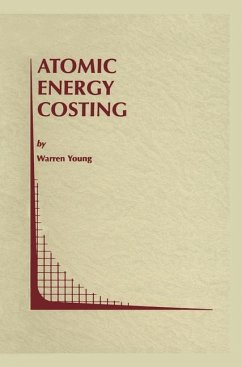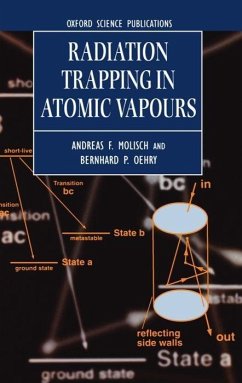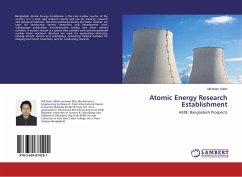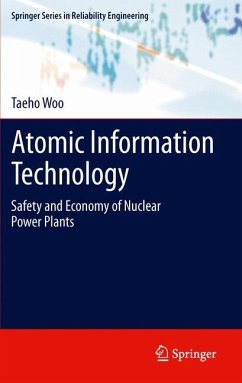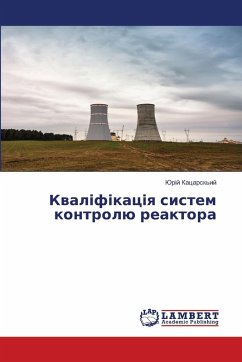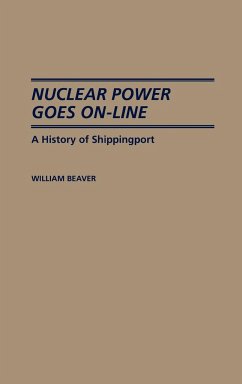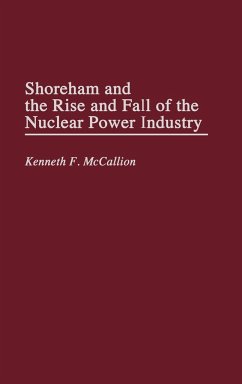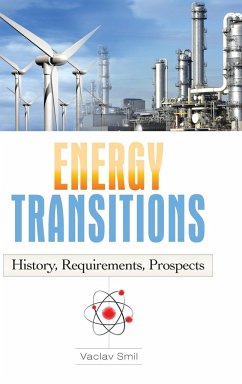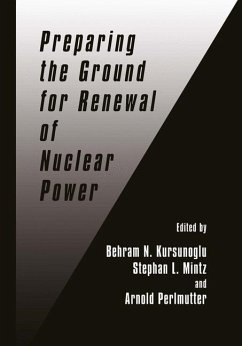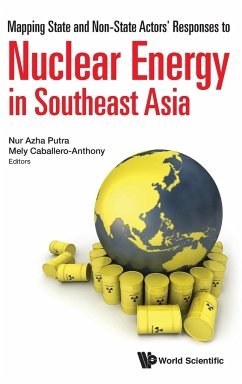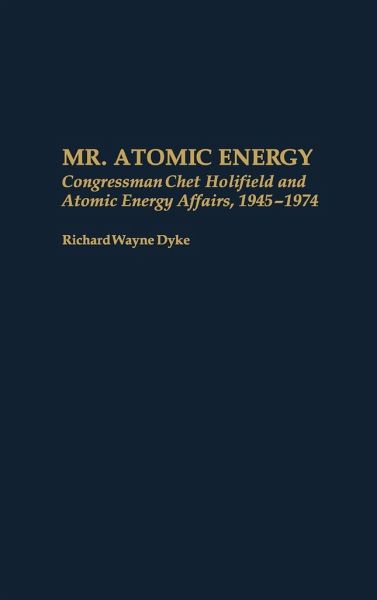
Mr. Atomic Energy
Congressman Chet Holifield and Atomic Energy Affairs, 1945-1974
Versandkostenfrei!
Versandfertig in 1-2 Wochen
89,99 €
inkl. MwSt.

PAYBACK Punkte
45 °P sammeln!
Dubbed Mr. Atomic Energy by Congressional colleagues and friends in recognition of his 28 years as a member and 10 years as House leader of the House-Senate Joint Committee on Atomic Energy (JCAE), Democratic Congressman Chet Holifield of California's 19th Congressional District served 32 years in Congress, from 1943 through 1974, and was a powerful figure in atomic energy matters. This first biography of Holifield, in chronicling the Congressman's significant role in the development and course of U.S. atomic energy programs and policies, also serves as a history of the formative period of thi...
Dubbed Mr. Atomic Energy by Congressional colleagues and friends in recognition of his 28 years as a member and 10 years as House leader of the House-Senate Joint Committee on Atomic Energy (JCAE), Democratic Congressman Chet Holifield of California's 19th Congressional District served 32 years in Congress, from 1943 through 1974, and was a powerful figure in atomic energy matters. This first biography of Holifield, in chronicling the Congressman's significant role in the development and course of U.S. atomic energy programs and policies, also serves as a history of the formative period of this new force in national and international politics. An early champion of atomic energy, Holifield's efforts contributed to the establishment of the Atomic Energy Act of 1946 and earned him a place on the JCAE. His 1949 recommendation on the H-bomb led to the development of this new weapon nine months before the Russians. An ardent proponent of public power in the 1950s, Holifield opposed the premature involvement of private industry in the development of atomic power and urged increased government participation in that area; many of his recommendations were later authorized by the Atomic Energy Commission. Holifield supported the conversion of the Hanford, Washington N-reactor to electricity as well as plutonium production, criticized U.S. civil defense strategy as inadequate, and championed both peaceful use of atomic energy and a nuclear Navy. During the Nixon administration, in response to environmentalists opposition to further atomic power development, the Congressman took the unpopular position that trade-offs between safety concerns and the public's need for increased amounts of electrical power were necessary. He also sponsored legislation that divided the AEC into the Research and Development Administration and the Nuclear Regulatory Commission, a move that affected the course of atomic energy development well beyond his retirement. The first chapter is devoted to a biographical sketch of Holifield's life prior to his congressional career, while the remaining nine chapters trace his influence and contributions in atomic energy matters. The in-depth description of the Holifield Papers as well as the select bibliography will be of great value to scholars of atomic energy history. Serving as an introduction to the wide range of atomic energy topics and issues, this biography would be a significant addition to the reading lists for American history survey courses as well as being useful for seminars that have students investigate atomic energy history.





